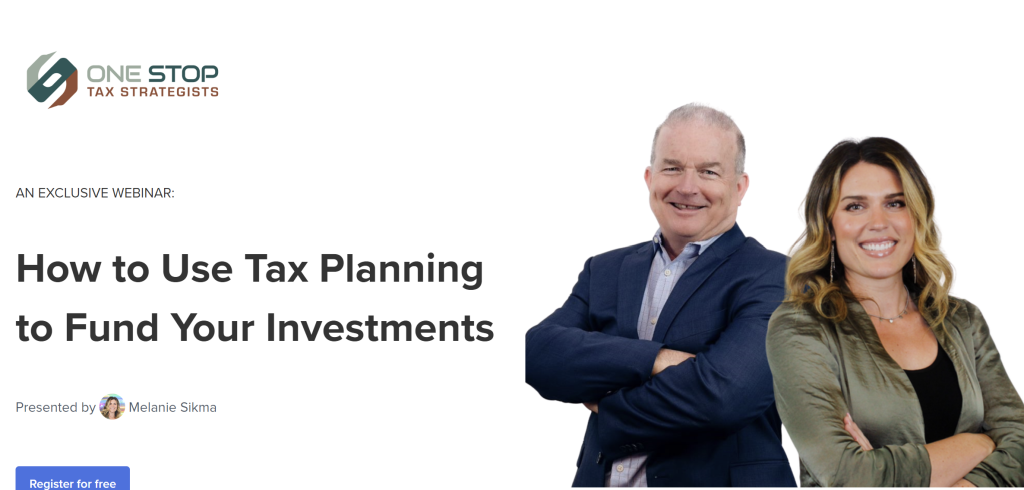Normally, rental income is just like any other income, and you have to pay income taxes on it. But a little-known loophole in the tax law completely excludes certain amounts of rental income from your income taxes. And you don’t have to worry about reporting the income on your tax return, either since it is tax-free.
There are two requirements for tax-free rental income:
1. Rent a dwelling that also qualifies as one of your residences.
2. Rent that residence for less than 15 days during the tax year.
If you meet these requirements:
– You don’t claim any deductions against the rental income.
– You totally exclude that income, regardless of the amount, from your gross income for the year.
Example: Jeff owns a home near Lake Tahoe. Each year, during ski season, he visits family in Arizona and rents his home for 14 days to skiers. He does not rent his home at any other time during the year. The tax code excludes the rental income from Jeff’s gross income (it is non-taxable).
Even though this tax loophole is straightforward, you need to be aware of a few issues that could impact how you can use this provision.
Issues:
1. Do You Have a Dwelling?
– A dwelling unit includes a house, apartment, condominium, boat, mobile home, and similar property. In addition, proposed regulations require a dwelling unit to provide basic living accommodations, such as sleeping space, a toilet, and cooking facilities.
2. Do You Have One or More Residences?
– You need to use this dwelling as a residence. Your dwelling is a residence for the year if the number of days that you use it for personal purposes exceeds the greater of: 14 days or 10 percent of the days you rent the dwelling. The tax law makes you count as personal days any days you rent the unit at less than its fair market value.
3. Short-Term Rentals.
– With the growth of the sharing economy and services such as Airbnb, you might rent your residence for short periods of time using such a service. If you stay with less than 15 days of rent, you don’t have to worry about:
(a) Real estate professional status.
(b) The up to $25,000 allowed deduction for active real estate rentals.
(c) The passive loss rules.
(d) The self-employment tax. Nope. With less than 15 days rental of the residence, you exclude the income from taxation.
4. What If I Get a Form 1099?
– If you use a third party to rent out your residence, that party should issue you a Form 1099-MISC for rents paid to you if the total amount paid during the tax year exceeds $600. If your rental income travels the credit card route, you are unlikely to receive a merchant transaction Form 1099-K from an online service such as Airbnb because such services do not have to report merchant account transactions when you have 200 or fewer transactions and $20,000 or less in gross proceeds from your rentals. If you do receive a Form 1099 for the rental income, you should do the following to avoid an IRS inquiry:
– Report the income on your tax return in the appropriate location (Schedule E generally).
– In the “Other Expenses” section of the schedule, enter “Section 280A(g) Exclusion” and the amount of the income. This will zero-out the net income.
Takeaways:
1. If you rent one of your residences for less than 15 days per tax year, the tax code turns a blind eye to both the deductions and income. That’s really good news when you have good income from this rental, such as our homeowner in Lake Tahoe who rented his home during ski season.
2. The rules are straightforward: Rent for less than 15 days during the taxable year. Make sure that the property qualifies both as a residence (more than 14 days of personal use) and as a dwelling.
3. If you receive a 1099-MISC or 1099-K reporting your rental income to the IRS, show the rental income on the appropriate schedule and then subtract it out.
How to Use This in Your Own Business:
If you own your own company and it is an S corporation or an LLC, have the entity rent your personal residence for your monthly board meetings.
You must:
– Pay a reasonable amount of rent.
– Be able to document that you had the meeting. I have had auditors request to see the minutes of the meetings.
You will need to send yourself a 1099 from your entity for the amount of rent at the end of the year.
Join Us On Thursday 6th July from 7 pm to 9 pm for more info.
Register below:
https://www.eventbrite.com/x/the-seven-step-tax-saving-process-for-real-estate-investors-tickets-658672887337

